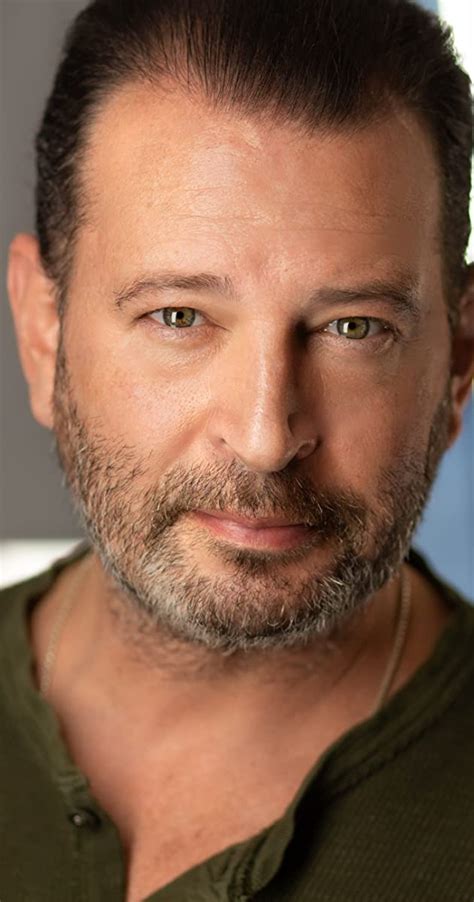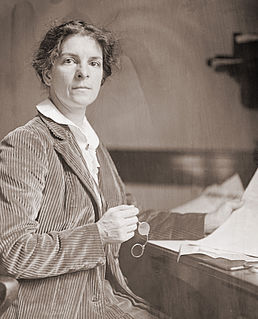A Quote by Walter J. Phillips
Let it not be assumed that the artist is so smug as to dislike true criticism. No sincere artist was ever completely satisfied with his labour.
Related Quotes
I am an artist, and I understand the pros and cons of being an artist, and the pressures of being an artist, and how much being an artist can be torture to people around you; you know, you friends and your family and how material you can be, and how it's hard to take criticism and all the things like that.
Why was the painting made? What ideas of the artist can we sense? Can the personality and sensitivity of the artist be felt when studying the work? What is the artist telling us about his or her feelings about the subject? What response do I get from the message of the artist? Do I know the artist better because of the painting?
Just let the artist sign an empty canvas or a frame, with the inscription, 'I had such and such a concept in mind' for this work. The artist then need not bother with producing the work, and therefore need not be worried about being dis-satisfied. All he or she needs to do is to sell it to a collector. The collector will have the guarantee that the artist thought about the work, even if momentarily, and therefore be satisfied.
Once we become conscious of a feeling and attempt to make a corresponding form, we are engaged in an activity which, far from being sincere, is prepared (as any artist if he is sincere will tell you) to moderate feelings to fit the form. The artist's feeling for form is stronger than a formless feeling.
I feel ever so strongly that an artist must be nourished by his passions and his despairs. These things alter an artist whether for the good or the better or the worse. It must alter him. The feelings of desperation and unhappiness are more useful to an artist than the feeling of contentment, because desperation and unhappiness stretch your whole sensibility.
The artist of the future will live the ordinary life of a human being, earning his living by some kind of labour. He will strive to give the fruit of that supreme spiritual force which passes through him to the greatest number of people, because this conveying of the feelings that have been born in him to the greatest number of people is his joy and his reward. The artist of the future will not even understand how it is possible for an artist, whose joy consists in the widest dissemination of his works, to give these works only in exchange for a certain payment.
He was, as Billy Name said in the acclaimed Ric Burns documentary about Andy Warhol, uninterested in being a second-tier artist. He was uninterested in being a first-tier artist! He wanted to be, you know, a god. Someone who completely changed the...he wanted to be Zeus with the lightning bolt and nothing less would have satisfied him.

































